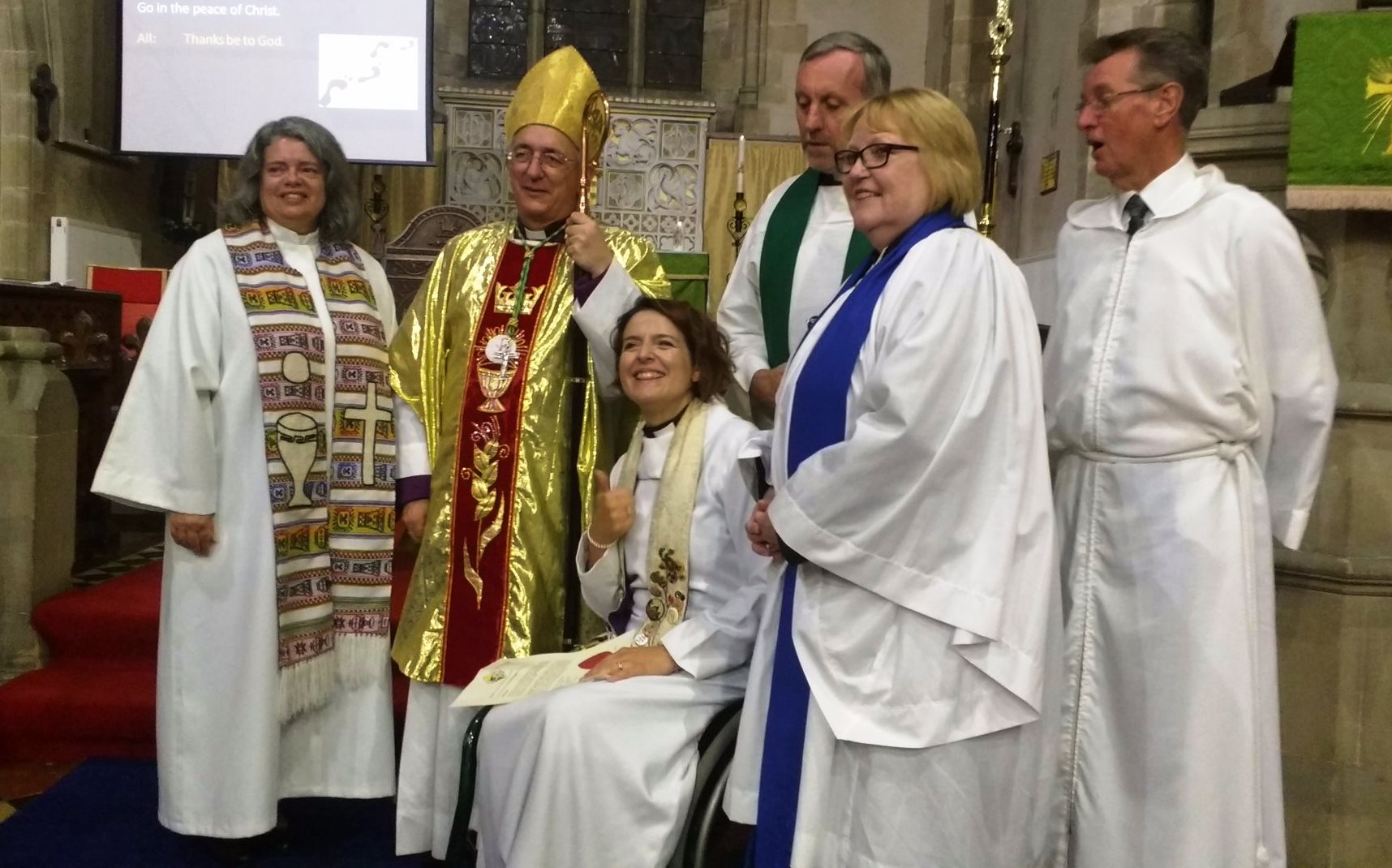
I have over the last months been watching the quite sudden physical decline of somebody I have known well for many years. From being a very active and agile 83.6 year old, she has become an 83.9 year old who finds mobility difficult, who experiences almost constant pain, and who needs daily help to perform quite ordinary daily actions. It has been an awkward and testing period for her and for those who know and love her, and uncertainty about the future has compounded the difficulty. Probably you may know somebody going through a similar experience, or possibly this is where you yourself are in your own life now.
My friend has been remarkable for the cheerfulness and resilience with which she has mostly greeted this, and she has been well supported by family, neighbours and fellow church members. Sometimes, though, the realisation of what she has lost and is losing must make her want to cry, and I think that things have been made all the harder for her by the way she has always thought of health and well-being as a moral issue. What I mean is, that for most of her life she has regarded it as an ethically good thing to be active and busy, a clear duty to walk far and exercise hard, and even a conscientious obligation to go swimming before breakfast each day.
Certainly this is no bad set of values, and it has kept her well for decades. But now that her body will no longer allow her to do the things she once did so easily, there is the danger that she will think of herself as a moral failure, a burden on others, and generally useless. In fact, her strong Christian faith has helped her to get to the point where she can see through the temptation of worthlessness to realise that she still has worth and value in her new condition, but it has not been easy for her to get there.
The kind of physical disabling which I have described in her later years is something that any of us could experience at any point in our lives, whether for a while or indefinitely. And for some people it is, in one way or another, a condition which marks the whole of their lives. We label these people as the disabled, but the deeper reality is that they are women, men and children like ourselves, differing from us only in that they are encountering constraint and limitation in a more comprehensive or permanent way. Because they have lived for years in this way, there may well be truths which we can learn from them about the living of our lives; in any case, whatever our differing abilities, we can be mutually enriched through our companionship, mutual service and prayer within the church. Nor we should we forget that the church itself is the Body of Christ, the fellowship of One who won our healing through his physical wounds.
In the autumn, I licensed The Revd Zoe Heming as Enabling Church Adviser for our diocese. Herself needing to use a wheelchair for much of her daily life and work because of chronic pain, Zoe not only knows the reality of disability in practice, but has also reflected and prayed about its meaning for Christian discipleship. She has written: God walks with us and can help us be less afraid of not being who were aged 20 - faith and gifts can still grow even as our bodies decline. There are so many simple, inexpensive ways to worship together and embrace one anothers gifts to make sure that no one is isolated from church life or left feeling like a bad Christian.
All of us want to be kind to those who have to cope with disabilities in their lives, but we also need to realise how much we can learn from one another. All of us want our churches to be places of welcome for people of differing abilities, but there are many practical issues which we need to look at to make that welcome a reality. Zoe will be available to work with all of us through the coming years, and she would be glad to hear from you. She can be contacted by email - enabling.church@lichfield.anglican.org - and by phone - 07871 622598.
+Michael
January 2018